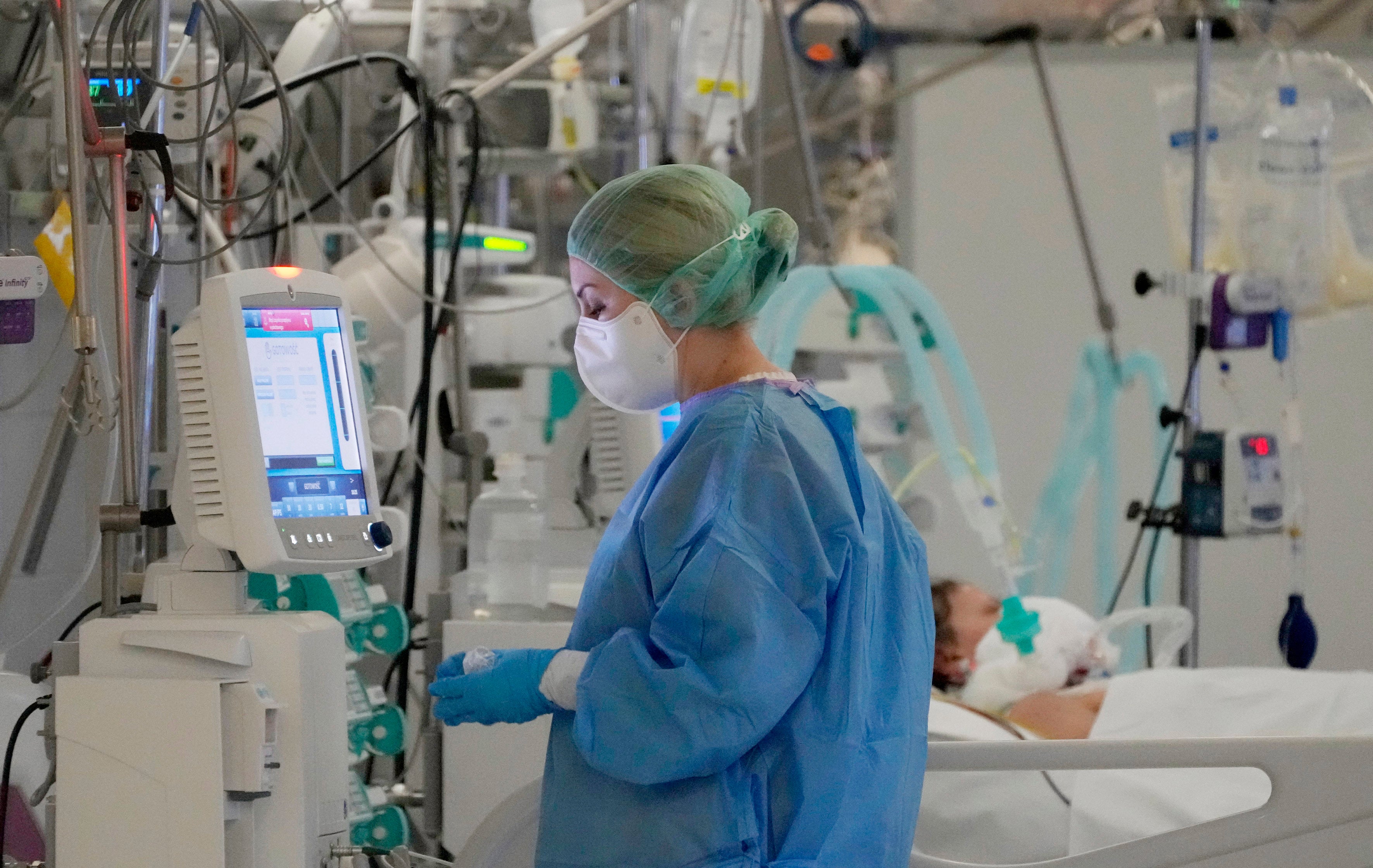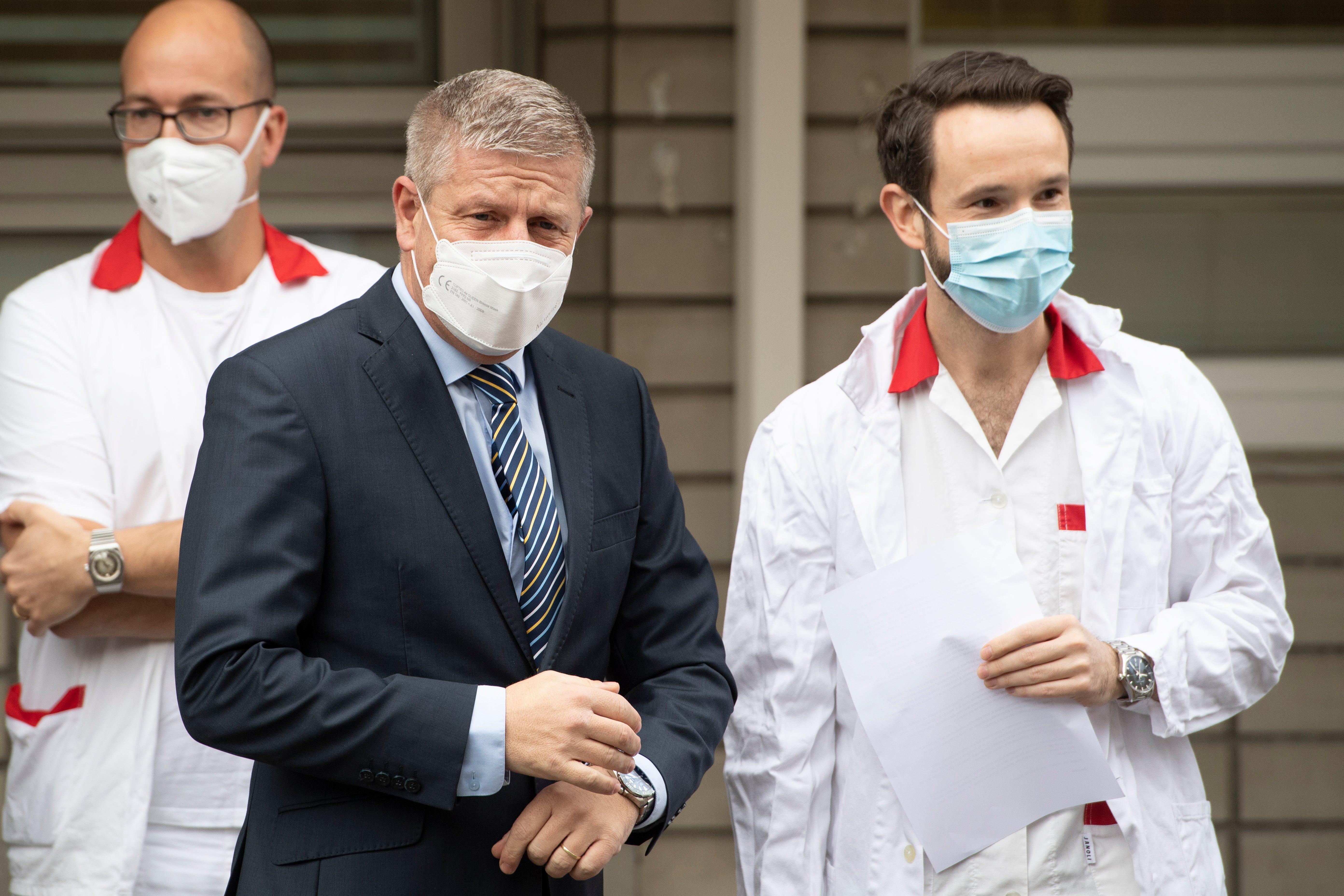Iceland says it wants ‘as many people as possible’ to catch Covid after lifting all restrictions
The health ministry said it aims to achieve ‘widespread societal resistance’

Your support helps us to tell the story
From reproductive rights to climate change to Big Tech, The Independent is on the ground when the story is developing. Whether it's investigating the financials of Elon Musk's pro-Trump PAC or producing our latest documentary, 'The A Word', which shines a light on the American women fighting for reproductive rights, we know how important it is to parse out the facts from the messaging.
At such a critical moment in US history, we need reporters on the ground. Your donation allows us to keep sending journalists to speak to both sides of the story.
The Independent is trusted by Americans across the entire political spectrum. And unlike many other quality news outlets, we choose not to lock Americans out of our reporting and analysis with paywalls. We believe quality journalism should be available to everyone, paid for by those who can afford it.
Your support makes all the difference.Iceland’s health ministry has said it wants “as many people as possible” to be infected with the coronavirus to achieve “widespread societal resistance”.
The comments come as the nation prepares to lift all of its remaining Covid-19 restrictions on Friday, including a 200-person indoor gathering limit and restricted opening hours for bars.
“Widespread societal resistance to Covid-19 is the main route out of the epidemic,” the health ministry said in a statement, citing infectious disease authorities.
It added that to achieve widespread societal resistance, which is also referred to as “herd immunity”, “as many people as possible needed to be infected with the virus as the vaccines are not enough, even though they provide good protection against serious illness”.
Iceland, with a population of approximately 368,000 people, has registered between 2,100 and 2,800 daily infections recently. More than 115,000 infections have been logged throughout the epidemic and 60 have died as a result of Covid.

Poland is also joining Iceland in lifting all restrictions except mandatory face masks.
Adam Niedzielski, the Polish health minister, said the lifting of most of the restrictions from 1 March was possible because the number of new daily infections and hospitalisations was falling significantly, and herd immunity was above 90 per cent as a result of vaccinations and infections.
Discos and clubs can reopen on Tuesday, and the 50 per cent capacity limit on the number of people on public transport and in malls, restaurants, theatres and sports venues will also be lifted.
State and regional administration workers can return to work in the office.
Mr Niedzielski said mask-wearing in indoor public places will still be required, and those infected will still need to isolate for seven days to prevent transmission of Covid-19. The government will decide whether to lift the mandatory wearing of masks in coming weeks.

Poland reported almost 20,500 new infections and 360 Covid-19-related deaths today. At the peak of the most recent infection rise in mid-January, almost 60,000 new daily infections were reported in the country of 38 million. More than 22 million people have been fully immunised with vaccines.
Slovakia will also lift most of its coronavirus restrictions over the next month, according to plans approved by the government today.
The first phase of the change in rules will begin with loosening measures for the unvaccinated from 26 February, and cancelling crowd limits at a later date.
The second phase will follow on 26 March to end limits on crowds and opening hours.
Join our commenting forum
Join thought-provoking conversations, follow other Independent readers and see their replies
Comments